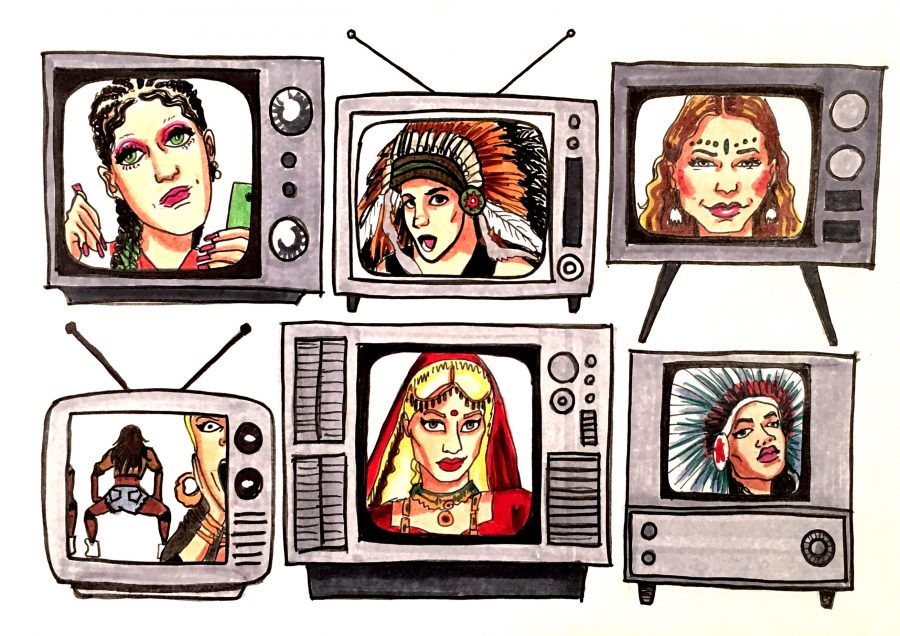As I waded through the hundreds of sweaty, fatigued concert-goers across Zilker Park during Austin City Limits Music Festival last October, I saw out of the corner of my eye a white girl with dreadlocks gushing to her friend about how excited she was to see Kendrick Lamar that night. I tried and failed to wrap my mind around the utter dichotomy on display. How could a white person flaunt a traditionally black hairstyle at a show put on by Kendrick Lamar, one of the most outspoken activists of his generation?
I was shocked at the exchange, but I understood that it was a small representation of the larger, historic phenomenon of white people participating in black culture solely at the surface level while refusing to educate themselves about black issues.
Cultural appropriation is the act of stealing things from a culture that is not one’s own, oftentimes without acknowledging where it originated from in the first place. This issue is one of our generation’s ugliest flaws, and only when we make an effort to differentiate between interest and theft can we begin to amend it.
Whether by way of Vanessa Hudgens’ bindi at Coachella, Jared Leto’s unapologetic donning of a Native American war bonnet at a music festival in 2011, or Taylor Swift’s offensive portrayal of black stereotypes in her “Shake It Off” music video, the use of another’s culture for personal gain is prominent in our society and shows no sign of going away anytime soon.
Each of these instances, which occurred years ago, should have been career-ending. However, Hudgens, Leto and Swift are still relevant in 2017, continuing to copycat other cultures in disgraceful attempts to appear cool and still earning unimaginable sums of money from videos and performances that have disgraced and offended others.
“If someone truly appreciated a cultural aspect and did their own research, learning about the history and significance, I think they would realize that perhaps the greatest form of appreciation would be to not attempt to emulate, manipulate or exploit the actions and dress,” said Betty Jeanne Taylor, the assistant vice president for Inclusion and Equity in the Division of Diversity and Community Engagement.
By opening our minds and choosing to educate ourselves about different cultures, we gain an understanding of where appreciation stops and appropriation begins. This includes recognizing where we and our peers fall short in our daily lives, educating each person so that they understand why they’re at fault and correcting the issue so it doesn’t happen again. The first step to making our society a better place for all people is to acknowledge and honor where each culture originates from without attempting to pass it off as one’s own. If you’re a student here at UT, you can take advantage of the fantastic language and area studies courses available, as well as an array of clubs and organizations to further your understanding of the world around you.
ACL and Halloween are just around the corner, so use sound judgment when deciding what you wear and remember that each choice you make can either hurt or help people that you will never come into contact with. Simply: Choose to educate yourself each day, and, in turn, make the world a better place.
Braaten is a international relations and global studies junior from Conroe.





















